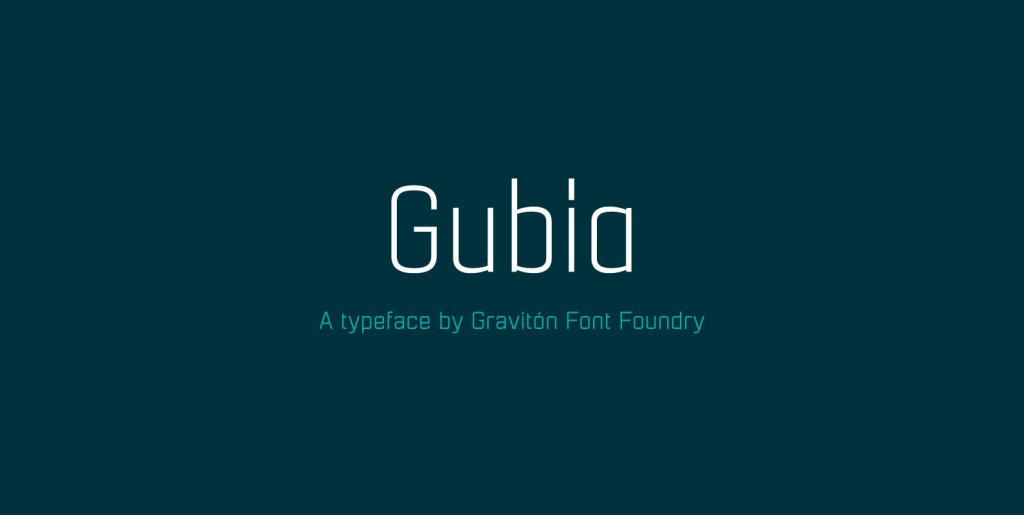A new tribute to old ways
Franck Jalleau’s flexible and vigorous typeface is inspired by Venetian faces of the Renaissance, especially those cut by Francesco Griffo who lends it his name. Adopting old-style classicism and manual drawing, Francesco is soft and approachable without compromising readability.
Francesco is designed like no other contemporary typeface. With its obstructed counterforms (a, e), it evokes 15th-century prints. Yet this face isn’t mere pastiche; it is informed by traditional techniques. Just as punch cutters did by cutting letters from steel one by one, Jalleau gave each glyph, even similar ones, its own shape, bringing variety to the setting. Likewise, shapes such as serifs that are commonly replicated in current practice, are individually crafted, rendering a vibrant, lively text. Numerous ligatures and alternates further enhance titles and short texts.
Among Francesco’s historical sources is the famous *Hypnerotomachia Poliphili* printed in 1499 by Aldus Manutius, the greatest printer of the Renaissance. Jalleau carefully studied this mythic book of fine typography to inform his digital work. By learning from classical process, rather than simply replicating a look, Francesco is an unprecedented modern manifestation of the Renaissance.


